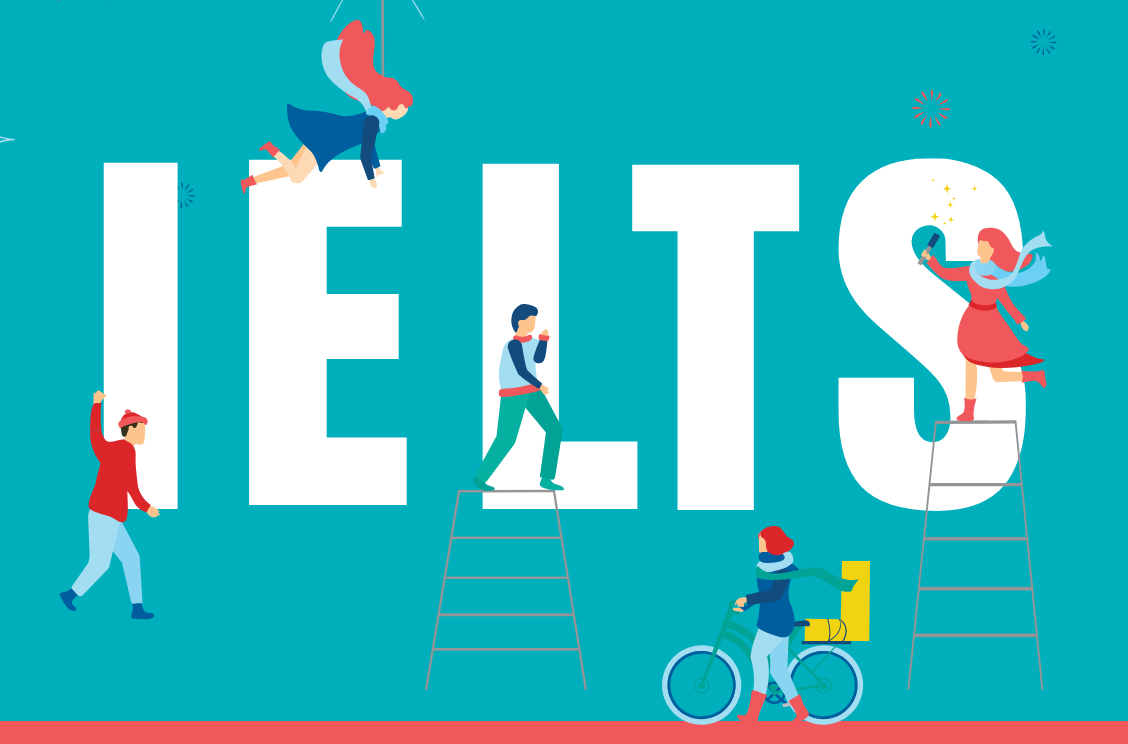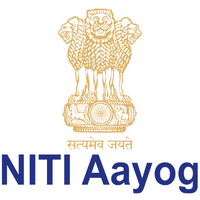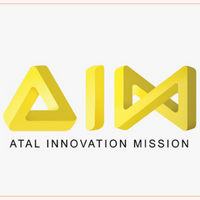What is IELTS?
The International English Language Testing System (IELTS) is the world’s most popular English language test for work, study, and migration. IELTS is trusted by over 11,000 organisations as a trustworthy predictor of real-life English communication ability. Listening, reading, writing, and speaking are the four abilities used by IELTS to evaluate a test taker’s English language ability. The IELTS exam is scored on a scale of 1 to 9. IELTS is jointly owned by the British Council, IDP: IELTS Australia and Cambridge Assessment English.
Why take the IELTS Exam?
If you want to work, reside, or study in an English-speaking country you must be able to showcase a high level of English language competence. English is the world’s third most spoken language with 379 million speakers globally. IELTS is trusted by over 11,000 organisations worldwide, so you can be certain that when you take the test, it will be accepted by educational institutions, employers, governments, and professional bodies all across the globe. It is the only English Language Test that UK Visas and Immigration (UKVI) has approved for visa applicants. Many students are perplexed as to why IELTS scores are required. The simple answer is that foreign colleges and visa issuing agencies want to make sure you won’t have any communication problems when you’re there. Because your total IELTS scores are so crucial, you must demonstrate a high grasp and command of the English language.
IELTS Exam Format
During the IELTS exam, your abilities to listen, read, write, and speak in English will be evaluated.The Listening, Reading, and Writing tests will all be taken on the same day, one after the other, with no breaks. You can schedule the Speaking test on your preferred date and time by going online and booking a slot. If you do not select a slot within the time limit, one will be assigned to you automatically. The entire test takes less than three hours.
| Paper | Time (Minutes) | Paper Description | No. Of Questions |
| Listening | 30 | You will listen to four recordings of native English speakers and then write your answers to a series of questions. | 40 |
| Reading | 60 | The IELTS Reading test is designed to assess your ability to read in a variety of situations. Reading for gist, main ideas, details, logical reasoning, skimming, and determining the writers’ attitudes, beliefs, and objectives would be required. | 40 |
| Writing | 60 | A 150-word writing task in which the candidate must summarise, describe, or explain a table, graph, chart, or diagram, and a 250-word short essay task | 2 |
| Speaking | 11-14 | In the IELTS Speaking test, you will speak with a trained examiner. The test is interactive and as near to a real-life scenario as one can obtain in a test. The test will be recorded and a variety of accents may be employed. | 3 |
Types Of IELTS
There are two types of IELTS exams:IELTS Academic and IELTS General Training. The test you take should be based on what you intend to do.
IELTS Academic
The IELTS Academic exam must be taken by those applying for higher education or professional registration in another country. This test determines whether your level of English language proficiency is appropriate for an academic setting. It examines whether you’re ready to begin training or studying by reflecting characteristics of academic language.
IELTS General Training
Those who intend to migrate to major English-speaking countries such as Canada, Australia, and the United Kingdom take the IELTS General Test. Those who want to enrol in training programmes or secondary education, or get work experience in a country where English is the primary language of communication, must take this test. This test assesses English language skills in a real-world setting. Both working and social circumstances are reflected in the tasks and tests.
IELTS Eligibility
The only requirement for taking the IELTS exam in India and around the world is that the candidate be at least 16 years old. This exam is open to anyone aged 16 and above, regardless of gender, nationality, or background. Exceptions are given only when the IELTS scores are required for admission. The conducting bodies have not set an upper age limit.























